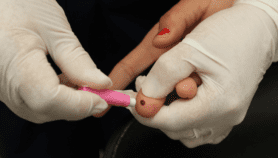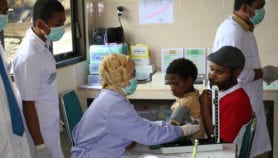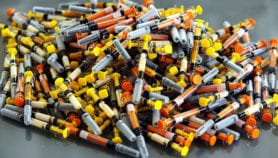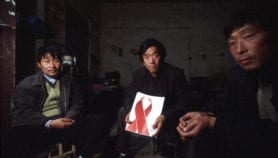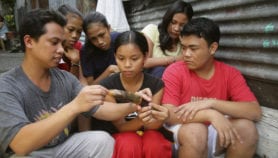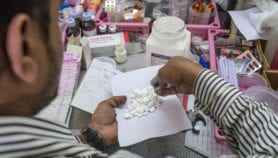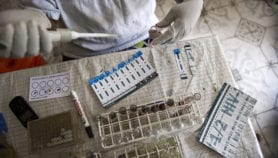28/12/19
‘Unsafe injections behind Pakistan’s HIV outbreak’
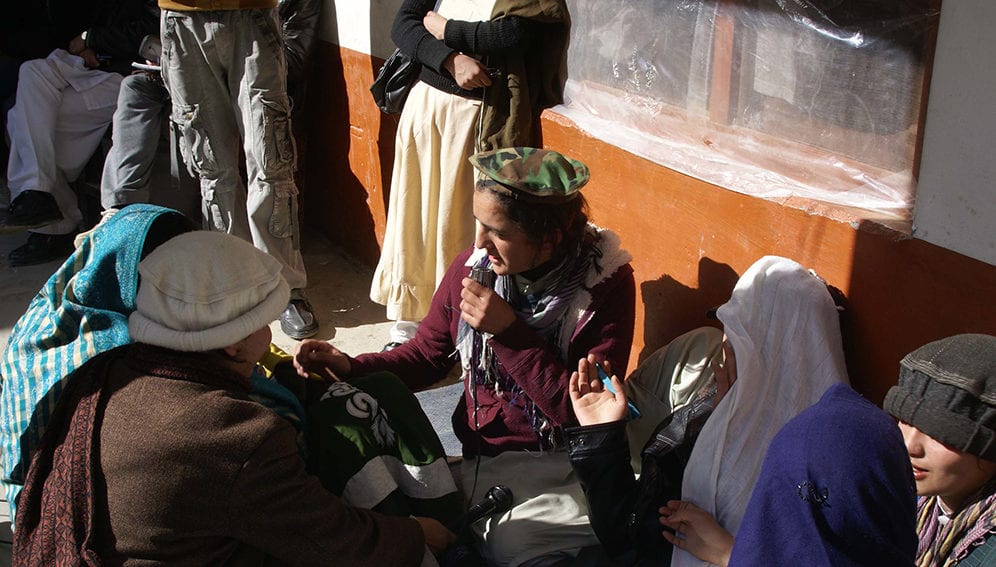
By: Saleem Shaikh
Send to a friend
The details you provide on this page will not be used to send unsolicited email, and will not be sold to a 3rd party. See privacy policy.
[ISLAMABAD] Reuse of syringes and unsafe blood transfusions were most likely responsible for an unprecedented outbreak of HIV in the town of Ratodero in Pakistan in which 700 children were diagnosed with HIV during 24 April—15 July, says a new study.
Pakistan is among the four countries in Asia — the others being Afghanistan, Bangladesh and the Philippines — where the estimated number of new HIV infections has been increasing annually since 1990. In 2017, 150,000 adults and children were estimated to be living with HIV in Pakistan.
“Pakistan has experienced a series of HIV outbreaks over the past two decades, but we’ve never before seen this many young children infected or so many health facilities involved”
Fatima Mir, Aga Khan University
Published online in Lancet Infectious Diseases on 19 December, the study noted that Pakistan has one of the highest rates of unsafe injections globally. The study also found multiple injections being reported by children treated for diarrhoeal and respiratory infections.
“Pakistan has experienced a series of HIV outbreaks over the past two decades, but we’ve never before seen this many young children infected or so many health facilities involved,” says Fatima Mir, an author of the study. She said unusually high numbers of paediatric diagnoses were being reported, but this is the first time that exact figures had become available.
As immediate measures, Mir who is associate professor at the Aga Khan University’s Paediatrics and Child Health department, Karachi, suggests addressing the widespread reuse of disposable syringes in Pakistan and instituting strict screening of blood for transfusions.
The study found screening for blood-borne viruses by blood banks erratic, with blood banks regularly resorting to paid blood donors — who have been shown to have a significantly higher prevalence of HIV infection — rather than recruiting voluntary donors.
Mir also suggests requiring health practitioners to use injectables sparingly, given that the study found a strong preference for parenteral (administration of drug through injection for quicker absorption) over oral treatment, the latter method being construed as less effective by communities.
Of the 31,239 people screened for HIV, 930 people tested positive, of whom 763 (82 per cent) were younger than 16 years and 604 were five years of age and below.
In the outbreak in Larkana, the proportion of HIV-positive infants with an HIV-positive mother was higher (28 per cent) compared with older children (9 per cent), suggesting that mother-to-child transmission might have played a role in transmission to the very young.
Mirza admits that Pakistan has one of the highest rates of unsafe injections in the world and up to 95 per cent of injections administered to patients in the country are unnecessary, with Pakistanis on average getting 8 – 9 injections annually.
Abdul Baseer Khan Achakzai, National Aids Control Programme, Islamabad, says the findings validate earlier observations of the health practitioners that infected syringes and unscreened blood transfusion rather than unsafe sex caused the HIV outbreak.
This piece was produced by SciDev.Net’s Asia & Pacific desk.


